|
| Processes and Manufacturing |
ISO 9001, Worldwide
ISO 13485, Worldwide
ISO 14001, Worldwide |
|
| Biological Safety Cabinets |
NSF/ANSI 49, USA
EN 12469, Europe
JIS K3800, Japan
CFDA YY 0569, China |
|
| Fume Hoods |
ASHRAE 110, USA
BS 5726, UK
EN 14175, Europe |
|
| Ductless Fume Cabinets |
AFNOR NF X 15 211, France
ASHRAE 110, USA
BS 7989, UK |
|
| Air Quality |
ISO 14644.1, Worldwide
IEST-G-CC1001, Worldwide
IEST-G-CC1002, Worldwide |
|
| Filtration |
EN 1822, Europe
IEST-RP-CC001.3, USA
IEST-RP-CC007, USA
IEST-RP-CC034.1, USA |
|
| Electrical Safety and Performance |
UL-61010-1, USA
CAN/CSA-C22.2 NO.61010-1
IEC 61010-1, Worldwide |
|
Compliance and Safety
Esco is committed to compliance with international standards for product performance, safety and energy efficiency. Certifications and recommended practices apply to products, manufacturing processes and administrative documentation including biological safety cabinets, fume hoods, air quality, electrical safety and more. These are critical to our business model and to our relationships with customers, distributors and certifying agencies.
Certification pathways are managed in-house, supervised in-house by thirdparty accreditors, or outsourced to independent certification agencies. Certification, compliance, recommended practices and agency listings represent a significant investment on behalf of our valued customers.
|

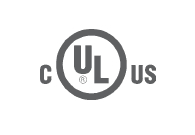
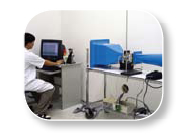
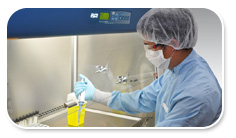
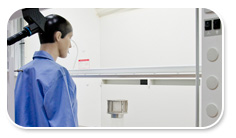







 Europe
Europe


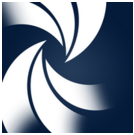




 Australia
Australia China
China France
France Germany
Germany Indonesia
Indonesia Korea
Korea Malaysia
Malaysia Myanmar
Myanmar North America
North America Pakistan
Pakistan Philippines
Philippines Russia
Russia Singapore
Singapore South Africa
South Africa Spain
Spain Thailand
Thailand UK
UK Vietnam
Vietnam